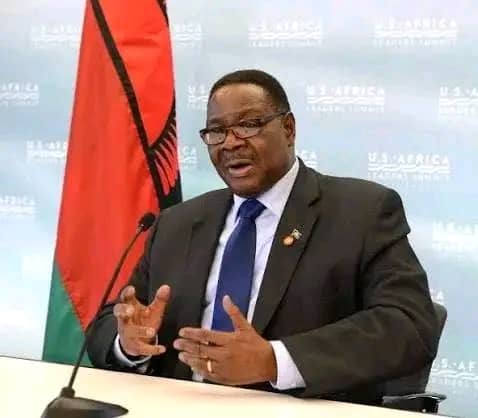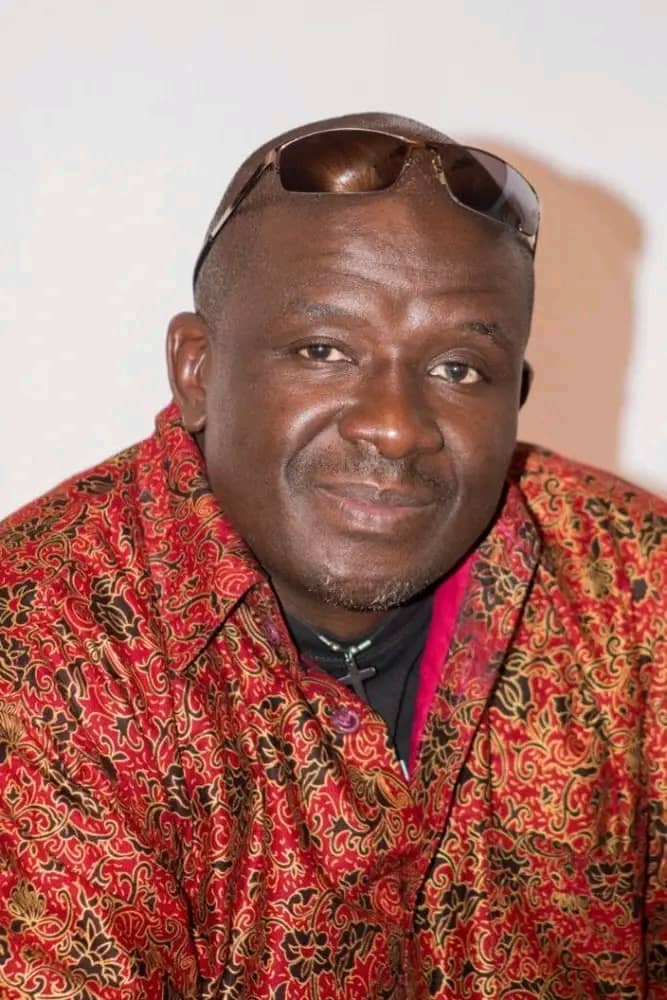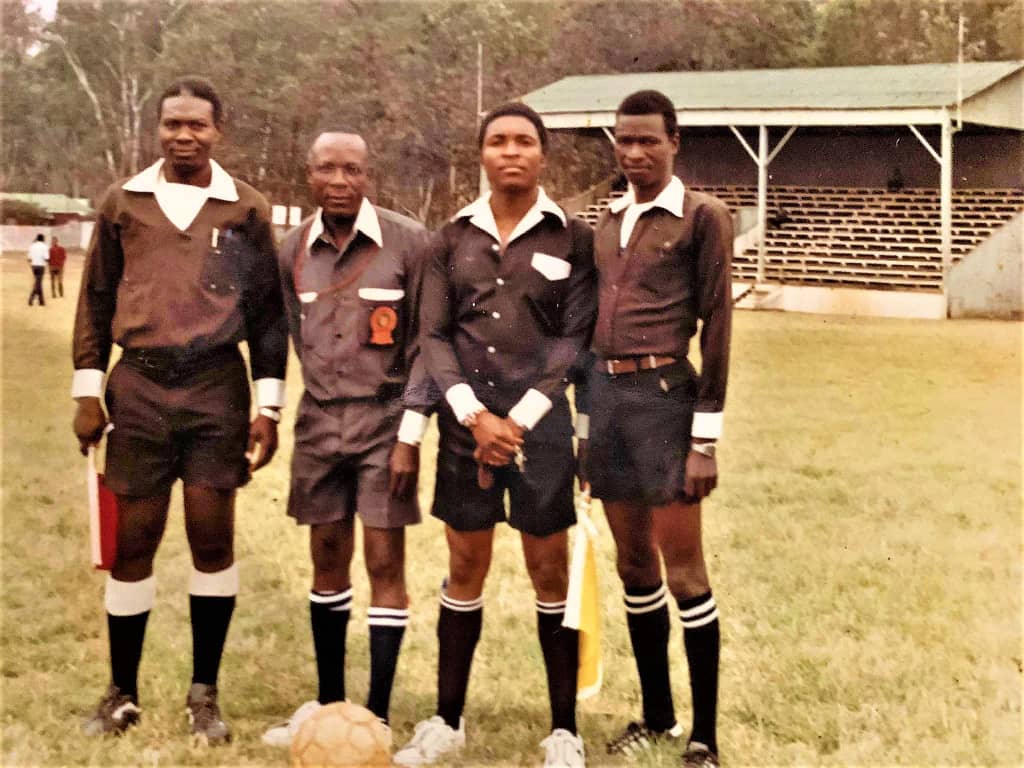A group calling it self Friends of Atupele Muluzi has engaged another extra gear and is campaigning for Atupele Muluzi
Secretary general Kandi Padambo said in an interview on Wednesday that the party is aware of the parallel structure, which is calling itself Friends of Atupele Muluzi has engaged another gear and is campaigning for Atupele Muluzi to become the next president in the 2025 elections to form next government on the party’s tickets

Before resurfacing, Atupele, who is the son to the party’s founder and patron Bakili Muluzi, resigned on May 30 2022 as UDF president to transition to a pan-African business executive.
Meanwhile, the parallel group has been holding meetings across the country and campaigning for Atupele, as a clean and honest politician not tainted with corruption-related scandals.
But since Wednesday, our efforts to speak to the group’s coordinator Ernest Daniel Chirambo, proved futile.
During a rally they held last Saturday in Ndirande Township in Blantyre, the group campaigned for Atupele’s candidature for allegedly having what it takes to lead Malawians.
When contacted last week, Atupele said he would respond in writing. But he was yet to respond by press time yesterday.
The secretary general said the structures or groups that can emerge within the party are only legitimate if they receive blessings from his office.
When asked about the party’s position should Atupele decide to contest on its ticket, Padambo said the former UDF leader still remains a bona fide member and is free to contest on any position of his choice.
He said: “The group [Friends of Atupele Muluzi] can make those calls, I am sure it’s their right to do so. But when Right Honourable Atupele Muluzi decides to contest he will have to abide by the rules and procedures of the party.
“He will not contest because the grouping of Friends of Atupele Muluzi is making calls for him to contest but because he remains a member of the party and he will follow procedures that are in place for any member to contest for any position in the party.”
Atupele announced his resignation in a Facebook post on May 30 2022 in which he said he is embarking on an industrial and economic revolution together with his business partners.
He wrote: “Together with global business partners, we intend to immediately lead in kick-starting a mini industrial and economic revolution of Malawi and Africa.”
Following his resignation, UDF national executive committee replaced him with the party’s vice-president (East) Lilian Patel, a member of Parliament for Mangochi South.
He said as long as Atupele chooses to remain silent on whether he would form his own party, it would be divisive as more members lean towards Friends of Atupele Muluzi.
Mvula said: “Complicating the matter further is that Atupele has not said that he is forming a party or that he would like to stand as an independent president.”
He added that it would be dangerous for Atupele to capitalise on the parallel structure to advance his political ambitions if he wishes to remain as UDF president.
Mvula said ideally, Atupele would have helped in rebuilding UDF as a national party that has most of its leadership in the Eastern Region.
Governance expert Boniface Chibwana said in a separate interview Atupele is likely to retain UDF presidency.
“Atupele Muluzi will feel entitled to continue leading UDF on the premise of the founder syndrome because it was his father that founded the UDF,” he said.
But Chibwana said Malawi needs strong political parties to provide alternative policies on how the country should be governed and UDF as a former ruling party has great capacity to shape viable policies for the country.
Chibwana said the earlier the UDF puts its house in order and allow intra-party democracy to flourish, the better.”
Consequently, he said, UDF may approach the 2025 general elections from a point of weakness which will confuse its supporters and result in voter apathy.
UDF was the first political party to form a government after Malawi attained multiparty democracy in the early 1990s.
But its popularity started to decline, especially after the 2004 general elections when former president Bingu wa Mutharika left the party to form the Democratic Progressive Party.
Apart from popularity, its parliamentary seats have also been on the decline since 1999.




